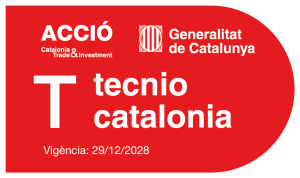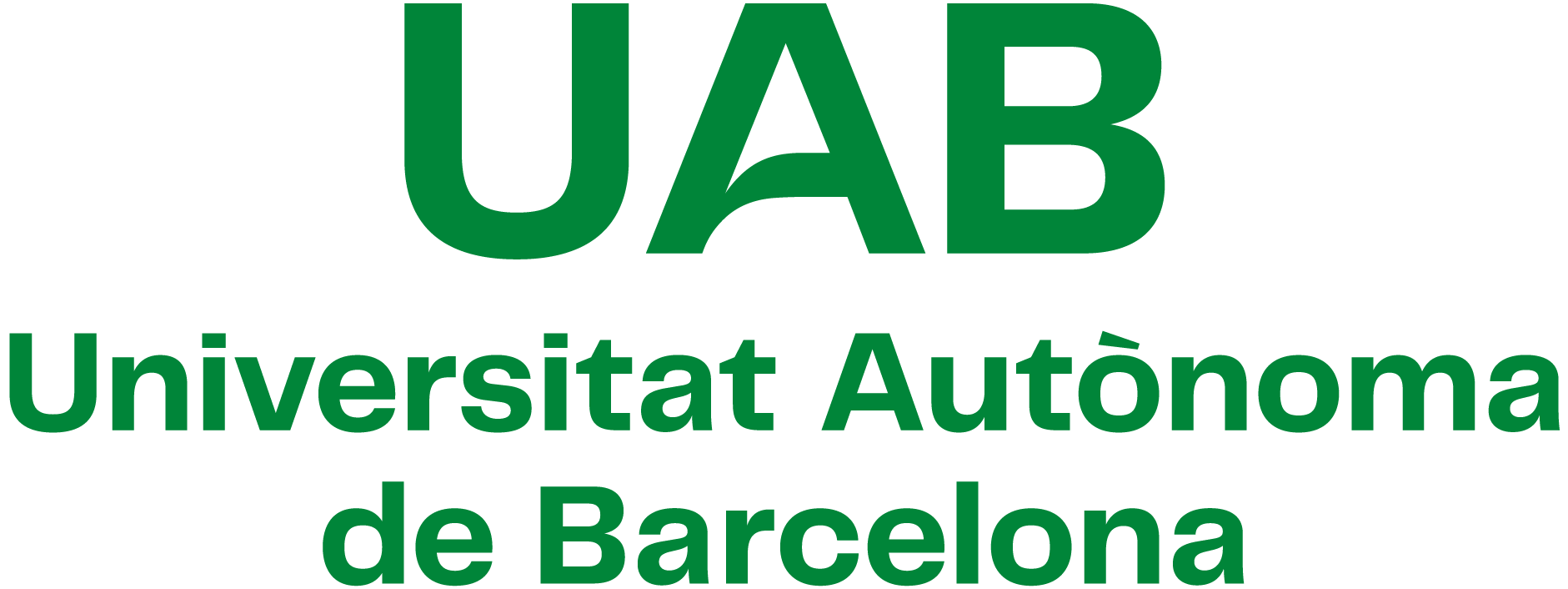Evaluation of the conditions of different surfaces, including solid, liquid, inert and organic materials, which affect the formation and growth of microorganisms. Study of the mechanisms that allow the survival of microorganisms on surfaces and the systems of detection and elimination of surface microorganisms. Efficacy of control systems and interaction between microorganisms. Cleaning substances and/or biocidal action that prevent or limit the growth of microorganisms on surfaces.
Food safety
Control of cleaning and disinfection of surfaces
Researchers
- Montserrat Mor-Mur Francesch. View profile
Emerging technologies to ensure food safety
Evaluation and validation of the application of new technologies, especially those based on ultraviolet radiation, high hydrostatic pressure and ultra-high pressure homogenization, to ensure the inactivation of pathogens and spoilage microorganisms that can contaminate food, as alternatives to thermal technologies traditional, generally more harmful to nutrition and functional properties of food.
Researchers
- Marta Capellas Puig. View profile
- Victoria Ferragut Pérez. View profile
- María Manuela Hernández Herrero. View profile
- Bibiana Juan Godoy. View profile
- Montserrat Mor-Mur Francesch. View profile
- Artur Xavier Roig Sagués. View profile
- Jordi Saldo Periago. View profile
- Antonio José Trujillo Mesa. View profile
Pathogenic and deteriorating microorganisms relevant in the food industry
Experimental tests to simulate and validate the conditions of food processing in the food industry and the subsequent evaluation and conservation (shelf-life) are designed. The objective is to evaluate the efficiency of the processes that are most determining as to control measures of the HACCP plan (HACCP) based on current legislation (Regulations 852/2004; 853/2005 and 2073/2005). These studies are also necessary for implementing safety certification standards such as BRC, IFS, and ISO 22000. Challenge test include the inoculation in biological containment conditions (at the biosafety laboratory) of Listeria monocytogenes or other pathogenic microorganisms such as Clostridium botulinum. This microorganism is relevant in products such as honey and meat products with a reduction in nitrates/nitrites. Different technological processes could be validated, such as low-temperature thermal treatments, UHPH, UVc and atomizing hydrogen peroxide, determining the lethal effectivity and the recovery during the shelf-life of the food. Validation of the processes and food shelf-life evaluation are complemented using predictive models.
Researchers
- Marta Capellas Puig. View profile
- María Manuela Hernández Herrero. View profile
- Montserrat Mor-Mur Francesch. View profile
- Artur Xavier Roig Sagués. View profile
- Josep Yuste Puigvert. View profile


